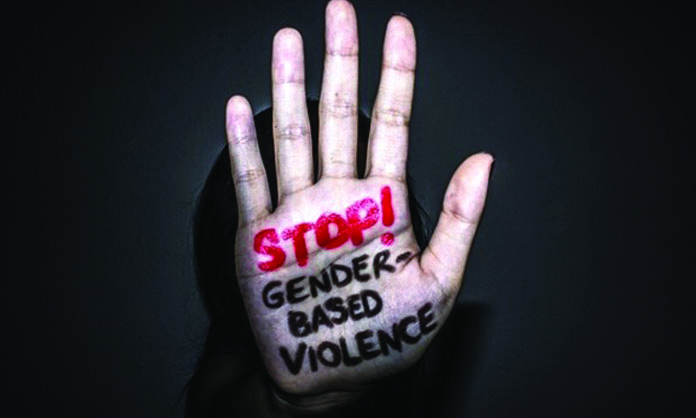THE Namibia Investment Promotion and Development Board (NIPDB) has set the ball rolling to establish its own branded retail store that would exclusively stock Namibian goods produced by small and medium-sized businesses.
The intent is to fast track obtaining shelf space for Namibian goods, which would level the playing field with other goods, the board confirmed last week.
The store would trade physically and online, and is envisioned to empower at least 1 000 small and medium enterprises.
There have been many calls to establish a Namibian retail chain, and this could be the start.
Dino Ballotti, executive member of the NIPDB, last week said the store would be set up by at least the end of this year, if not in the first or second quarter of 2022.
“We have set aside a budget for that, and are still engaging on how best to establish this,” he said.
Ballotti said the retail store would initially be a pilot project, which could be replicated later.
He said the board was not established to set up stores, but there is a need to accelerate the ‘ostora’ vision as conceptualised by the Ministry of Industrialisation and Trade almost 10 years ago.
This involves an exclusively Namibian store, stocked with Namibian products.
This ambitious goal forms part of the board’s recently released strategic plan, which aims, among other things, to facilitate and ensure small and medium enterprises in Namibia obtain as much market access as possible.
On many platforms, Namibian producers have regretted the ineffectiveness of the retail charter in changing the Namibian retail space.
The charter intends to transform the retail sector from one that relies predominantly on foreign imports, to one that gives preference to local manufacturers.
A few retail chains, mainly South African ones, have been reluctant in stocking Namibian products, often citing poor quality and unsustainable supplies as reasons.
Few Namibian manufacturers enjoy this lucrative shelf space, while relying on imports has proven to be risky.
Some Namibian supermarkets were last year, with the advent of Covid-19, starved of certain goods due to border closures.
The same problem was caused by the recent unrest-fuelled looting in South Africa.
The Bank of Namibia (BoN) acknowledged that this would have a negative impact on the local economy.
In its August 2021 economic outlook, the central bank said the recent political unrest in South Africa could also further strain Namibia’s economic recovery.
In its outlook, the BoN predicted the retail and wholesale sector would grow by 4,7% this year.
The NIPDB also aims to have the local bar-code centre at least 50% commissioned by the end of this year, with the support of the Namibia Trade Forum.
The board’s goal is to increase the capacity of incubation facilities for small businesses, and to identify supporting partners.
It has set a target of attracting at least N$14 billion in foreign direct investments in the country within 24 months as of the end of March this year.
To attract these high-value investments, the NIPDB also undertakes to improve the ease of doing business in the country – with the goal of business registration taking no longer than 15 days.
The board was allocated a multimillion-dollar budget this year, but aims to fund 15% itself going forward.
More on the strategy can be found on the board’s website.
Email: lazarus@namibian.com.na Twitter: @Lasarus_A
Stay informed with The Namibian – your source for credible journalism. Get in-depth reporting and opinions for
only N$85 a month. Invest in journalism, invest in democracy –
Subscribe Now!






